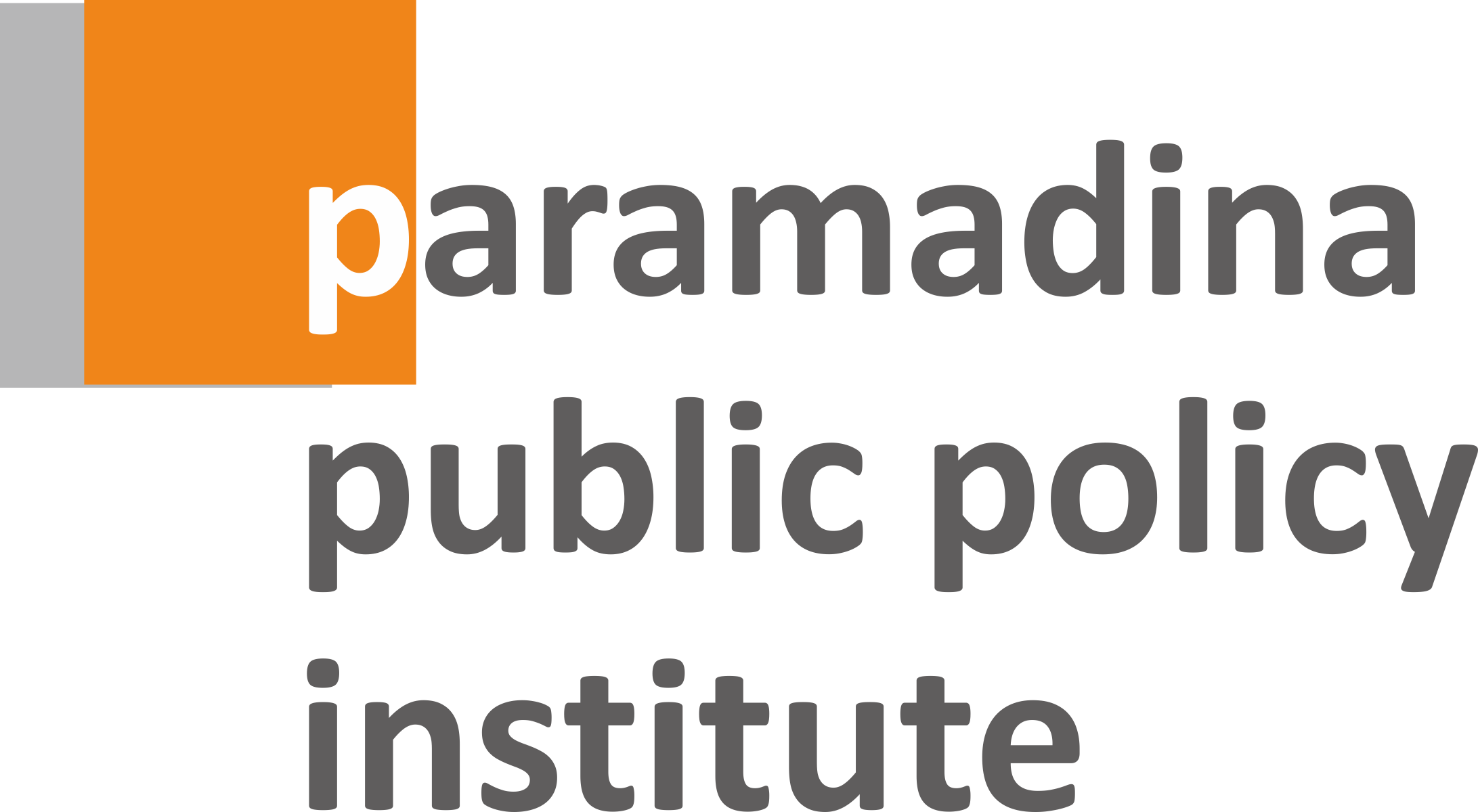
The Jakarta Post, 3 October 2019
The government’s nod to the revision of the Corruption Eradication Commission (KPK) Law and its pick of controversial KPK commissioner candidates have seriously undermined the credibility of President Joko “Jokowi” Widodo’s commitment to corruption eradication.
President Jokowi’s endorsement of the revised law and the new KPK commissioners stands in contrast to his election campaign, in which he solemnly promised to strengthen the KPK. Following a wave of demonstrations against the KPK Law revision for more than a week, the President recently signaled he might issue a government regulation in lieu of law that will annul the amendment.
It is deeply ironic, however,that a president who received massive support from the activists who initiated the Reform Era in 1998 put the KPK, one of the most important bodies established in the spirit of reformasi in the aftermath of the fall of the authoritarian regime, on the brink of death. Previous attempts to weaken the KPK ended in failure because of massive and solid public support for the institution. How could the latest effort to undermine the KPK appear to succeed under Jokowi? The damage inflicted in this dangerous game will be worse than imagined.
President Jokowi and leaders in both the executive and legislative are deploying a game of smoke and mirrors by overwhelming the public with three equally important issues: the revision of the KPK Law, the selection of unsuitable commissioner candidates and the inclusion of controversial articles in the amended Criminal Code.
The game appears to be effective in making the public unsure as to exactly which of those different but equally important concerns they should prioritize.
Attempts to change its legal basis or leadership were, as a matter of fact, common strategies in previous attempts to undermine the KPK, but the maneuvers were carried out singly. This is why the public was not caught off guard and effectively staged waves of protest to prevent either of the shots from hitting the target. Now, beside those two issues, the public has to face another important matter, which is the amendment of the Criminal Code.
In carrying out the three stratagems simultaneously, timing and strategy are essential to the success of that new game. One of the most important aspects of the game is how to make the public feel better than nothing. This is particularly true of President Jokowi’s latest remarks on the Criminal Code revision. His call to postpone the move seems to be calming things down.
The way elected officials have ignored public protest and jeopardized people’s aspirations clearly reflects weak public control over democratic institutions and elected officials. Those undesirable conditions cannot be separated from our lack of attention and priority given to public control, at least since the beginning of the Reform Era. Our keenness to gamble on our common fate by hanging on to a leadership of personal charisma is now not working and instead poses the risk of a return of authoritarian rule.
There are at least two important aspects of President Jokowi’s administration that weaken public control of elected officials in both the legislative and executive bodies. This political indifference toward public aspirations and the weakening of the civil society movement has its foothold in the following realities: President Jokowi’s leadership style since he took office and the political polarization during and following the April 2019 general election.
In 2016, scholar Jacqui Baker was among those who warned us over Jokowi’s tendency toward “developmentalist” leadership, his “impatience with legal complexity” and “illiberal tendencies”. In my opinion, this tendency is rooted in the differences he emphasizes to draw a clear distinction between himself and previous presidents, whose leadership is characterized as too slow and indecisive. His slogan is “work, work, work” and he appears to make speedy decisions.
Another characteristic of his leadership style is his indifference to public and intellectual discourse, which he seems to consider as slowing down decision-making. As also noted by Baker, his developmentalist tendency has seen him focus on the economy, not on enhancing democracy by any means, which is not unlike other country leaders.
The odds of public aspirations getting the deserved attention from President Jokowi’s administration are further reduced by the remaining political polarization. Playing of identity cards in the election has drawn clear-cut boundaries between the candidates and their supporters.
Fears over using the identity card for political gain and of religious conservatives have prompted the civil society movement to position itself politically with one of the candidates. The close and blatant alignment of civil society movements with one of the candidates has weakened their usual criticism and undermined their independence.
Now, President Jokowi has increasing free rein in his second and final term and thus cannot show indifference toward public aspirations. In the controversial issues outlined above he has made it clear as to which side he stands on — not on the side of those who voted him in twice for his anticorruption commitment. All in all, President Jokowi shares the blame and responsibility for the undermining of his credibility. (*)
Septa Dinata – Researcher of PPPI
This article was first published on The Jakarta Post.
